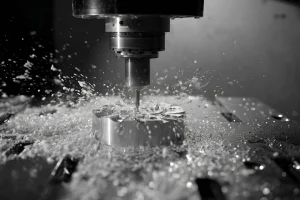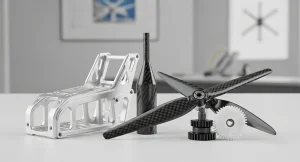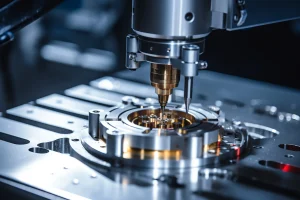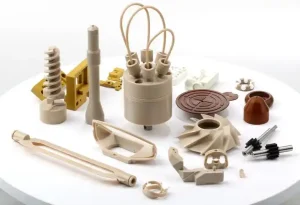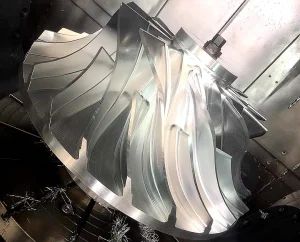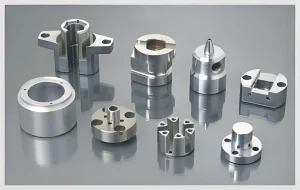Laser cutting has revolutionized the manufacturing and fabrication industries. This advanced technology offers numerous advantages over traditional cutting methods. In this article, we will explore why laser cutting is often considered the superior choice.
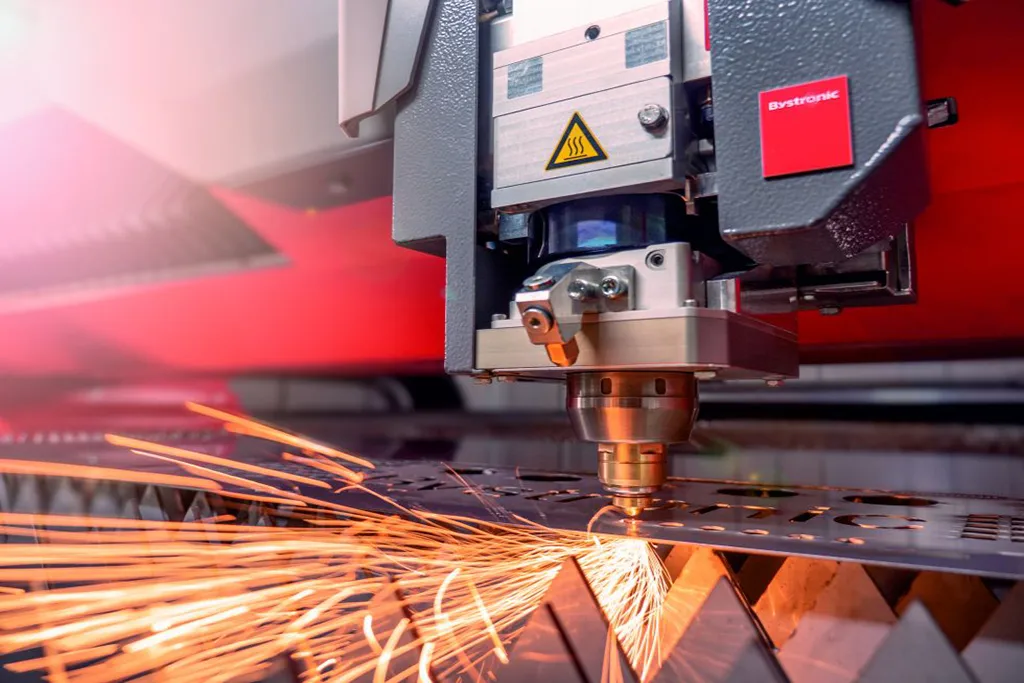
Precision and Accuracy
One of the main benefits of laser cutting is its precision. Laser cutters can create intricate designs with extreme accuracy. This level of detail is hard to achieve with conventional cutting tools. The focused laser beam cuts through materials cleanly, reducing the risk of errors. As a result, manufacturers can produce components that fit perfectly.
Versatility in Material Handling
Another reason laser cutting stands out is its versatility. Laser cutting works with a variety of materials, including metals, plastics, wood, and fabrics. This adaptability allows businesses to tackle diverse projects. Whether it’s creating signs, custom parts, or intricate designs, laser cutting can handle it all. Additionally, switching between materials is often simple and quick.
Faster Production Times
Laser cutting is also known for its speed. Traditional cutting methods can be time-consuming. In contrast, laser cutters operate quickly. They can cut through materials at high speeds without sacrificing quality. This efficiency results in shorter production times. Companies can meet tight deadlines while maintaining high standards.
Reduced Waste
Waste reduction is another significant advantage of laser cutting. Traditional methods often produce excess scrap material. However, laser cutting minimizes waste by making precise cuts. The technology allows for closer nesting of parts. Consequently, businesses can save on materials and reduce costs.
Cost-Effectiveness
Although the initial investment in laser cutting technology can be high, the long-term savings are substantial. Reduced waste means lower material costs. Moreover, faster production times lead to increased efficiency. These factors make laser cutting a cost-effective choice for many businesses. Additionally, the durability of laser-cut components often reduces the need for replacements.
Enhanced Safety
Safety is a crucial concern in manufacturing. Laser cutting enhances workplace safety. Unlike traditional cutting tools, laser cutters do not require physical contact with the material. This reduces the risk of accidents and injuries. Furthermore, many laser systems come equipped with safety features, such as automatic shut-offs and protective enclosures. These measures help ensure a safe working environment.
Environmentally Friendly
Laser cutting is also an environmentally friendly option. The technology generates less waste and consumes less energy compared to traditional methods. Many businesses are now prioritizing sustainability. By choosing laser cutting, companies can reduce their carbon footprint and appeal to eco-conscious consumers.
Customization and Flexibility
Laser cutting offers a high level of customization. Businesses can easily modify designs to meet specific needs. This flexibility is particularly beneficial for industries that require unique parts. Customization can happen quickly, allowing companies to respond to market demands efficiently. As a result, businesses can stay competitive in a fast-paced environment.
Conclusion
In conclusion, laser cutting provides numerous advantages that make it a better choice than traditional cutting methods. Its precision, versatility, and speed are unmatched. Additionally, the technology reduces waste, enhances safety, and is more environmentally friendly. For businesses looking to improve their manufacturing processes, laser cutting is worth considering. With its many benefits, it’s clear why this technology is becoming the preferred method in various industries. Embracing laser cutting can lead to increased efficiency, reduced costs, and ultimately, greater success.

